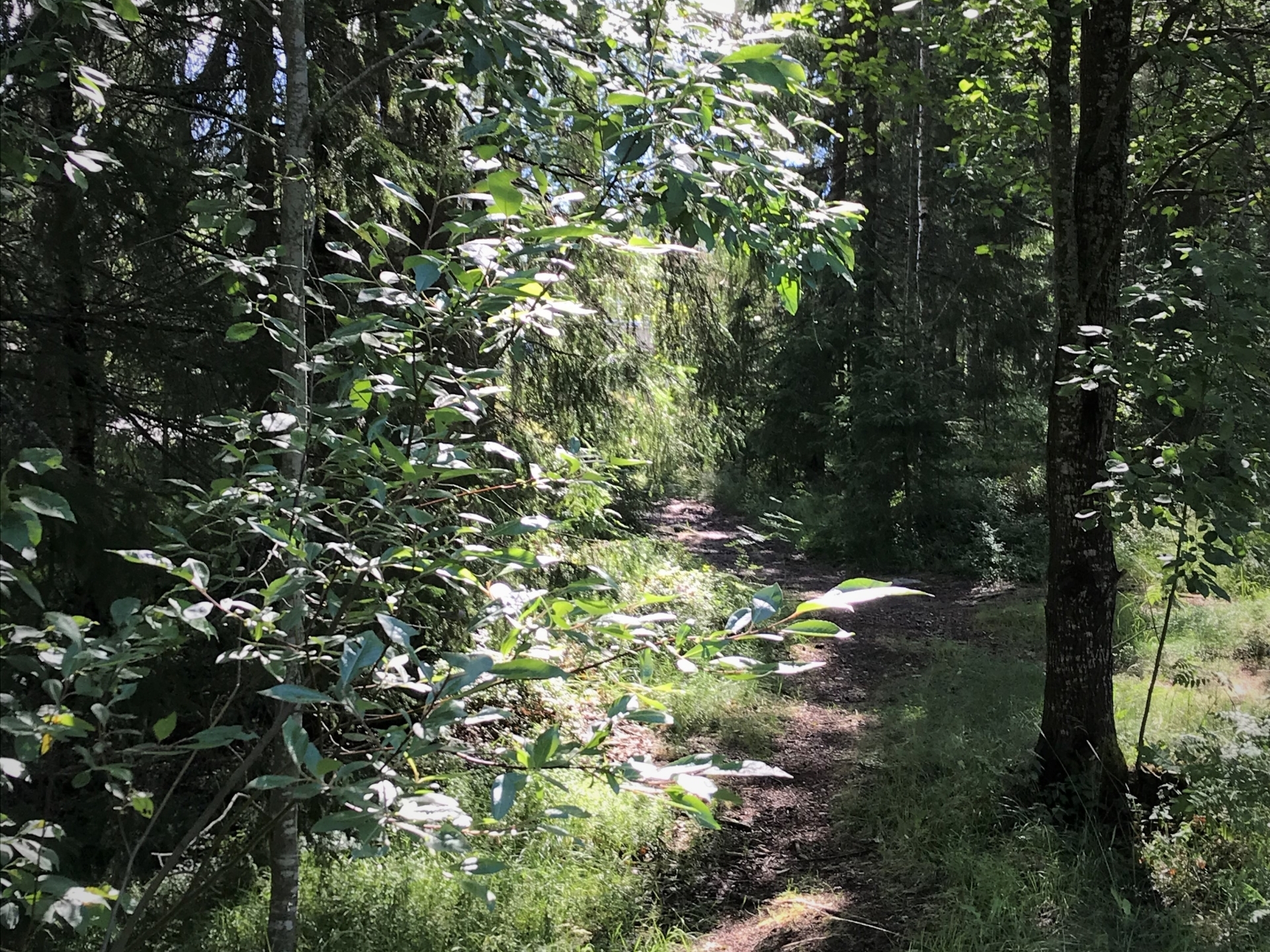An encompassing project is about to kick off with the aim to integrate the UN Sustainable Development Goals (SDGs) in forest management and climate change adaptation in the boreal belt traversing Scandinavia and Latvia. The state-run Sweden’s Innovation Agency Vinnova is set to fund the effort.
The three-year project, the Swedish part of which is led by a Bio4Energy scientist, will investigate genetic tree breeding as a means to increase growth and resistance to pests and altered weather conditions of coniferous trees, while also exploring the avenue of mixing in broad-leaved trees in boreal forest plantations as a way of increasing the resilience of the forest ecosystem. Rosario García-Gil is coordinating the effort involving national research agencies in Norway, Finland, Latvia and the Bio4Energy partner Swedish University of Agricultural Sciences (SLU), as well as a cross-sectoral organisation representing the value chain of forest products, headed up from Norway.
The volume growth of trees may be increased by one fifth, according to the research proposal, using advanced genetic tree breeding methods. This will also shorten a tree’s growth period to maturity, thus shortening the time between plantation and harvesting.
“The analyses [currently available] assessing sustainability goals have not acknowledged the impact of tree breeding and different regeneration methods on growth and resilience of forests and the quality of wood produced”, the proposal says;
“Effects of climate change on forests can be mitigated by tree breeding and optimal deployment, if most crucial changes in climate can be predicted and the genetic basis of adaptation to climate understood”.
The multinational team behind the new Assess4EST project will address these knowledge gaps, by delivering the following:
- Science-based information to forest owners, managers and policymakers;
- Records of discussions between companies, policymakers and scientists;
- Information to tree-breeding programmes;
- Decision-support tools in the scope of a Forest Reproductive Material scheme and;
- Participation in policymaking recommendations.
Assess4EST is short for ‘Seeing trees and forests for the future: assessment of trade-offs and potentials to breed and manage forests to meet sustainability goals’. Rather than listing the target SDGs, the scientists and collaboration partners will focus on the parameters of growth and yield, climatic adaptation, wood quality, disease resistance and biodiversity.
Collaboration partners are the National Resources Institute of Finland, the Norwegian Institute of Bioeconomy Research, the Latvian State Forest Research Institute ‘Silava’, WoodWorks! and SLU at Umeå, Sweden.
SLU associate professor Garcia-Gil have won two supporting research projects from the respective funding bodies Swedish Foundation for Strategic Research and Nordic Forest Research. They are called Landscape Breeding: A New Paradigm in Forest Tree Management and; Catching up with climate change by shortcuts in breeding: Joint Nordic efforts to prove the concept of Breeding without Breeding.

 ©Anna Strom
©Anna Strom ©AnnaStrom
©AnnaStrom



